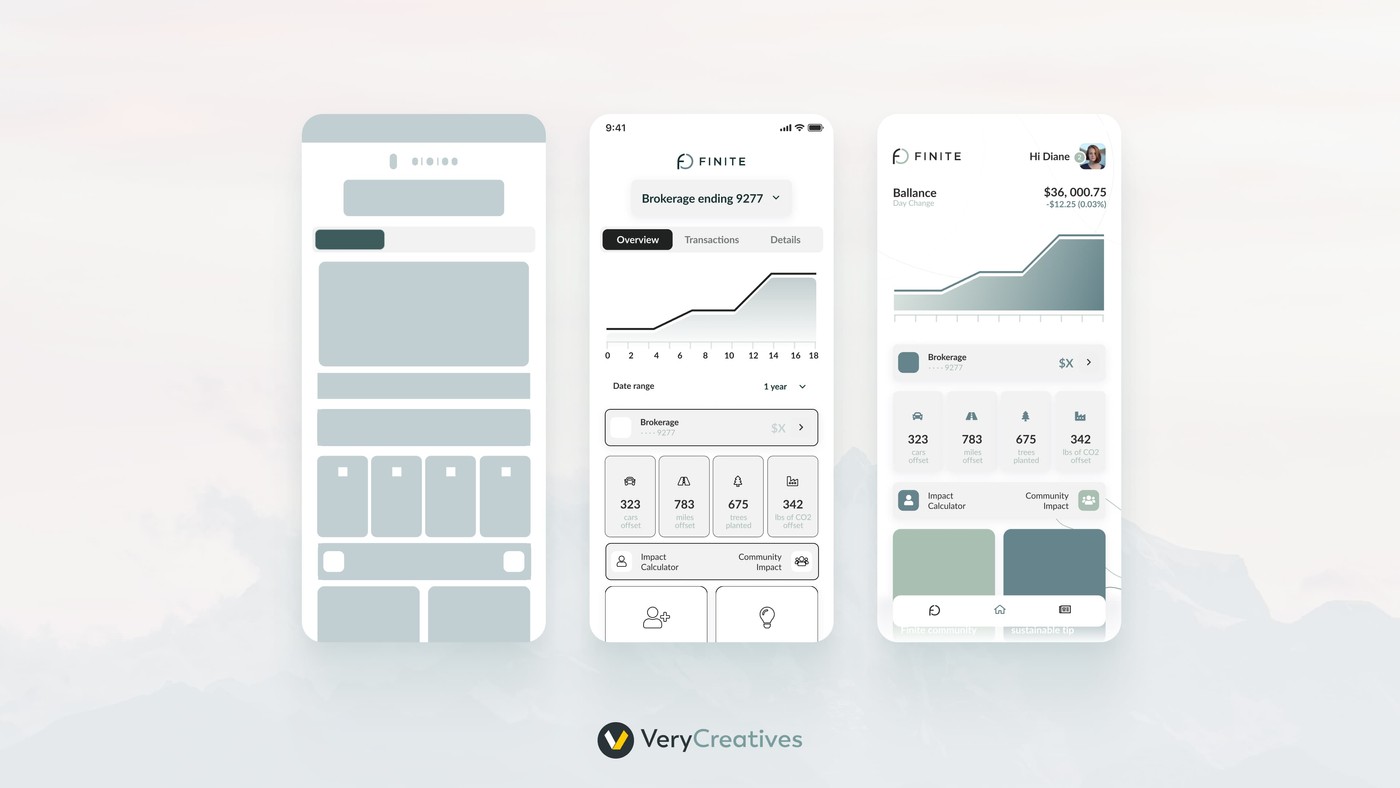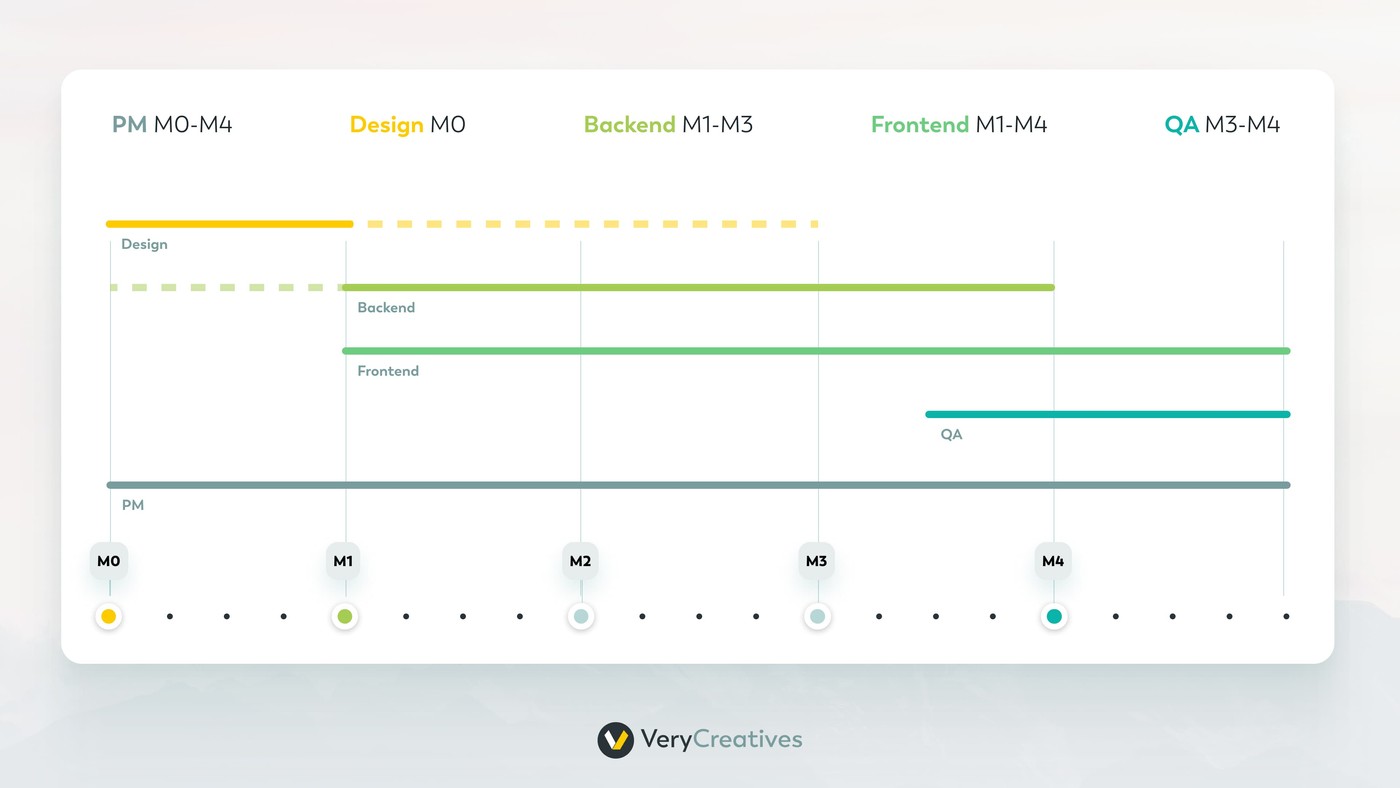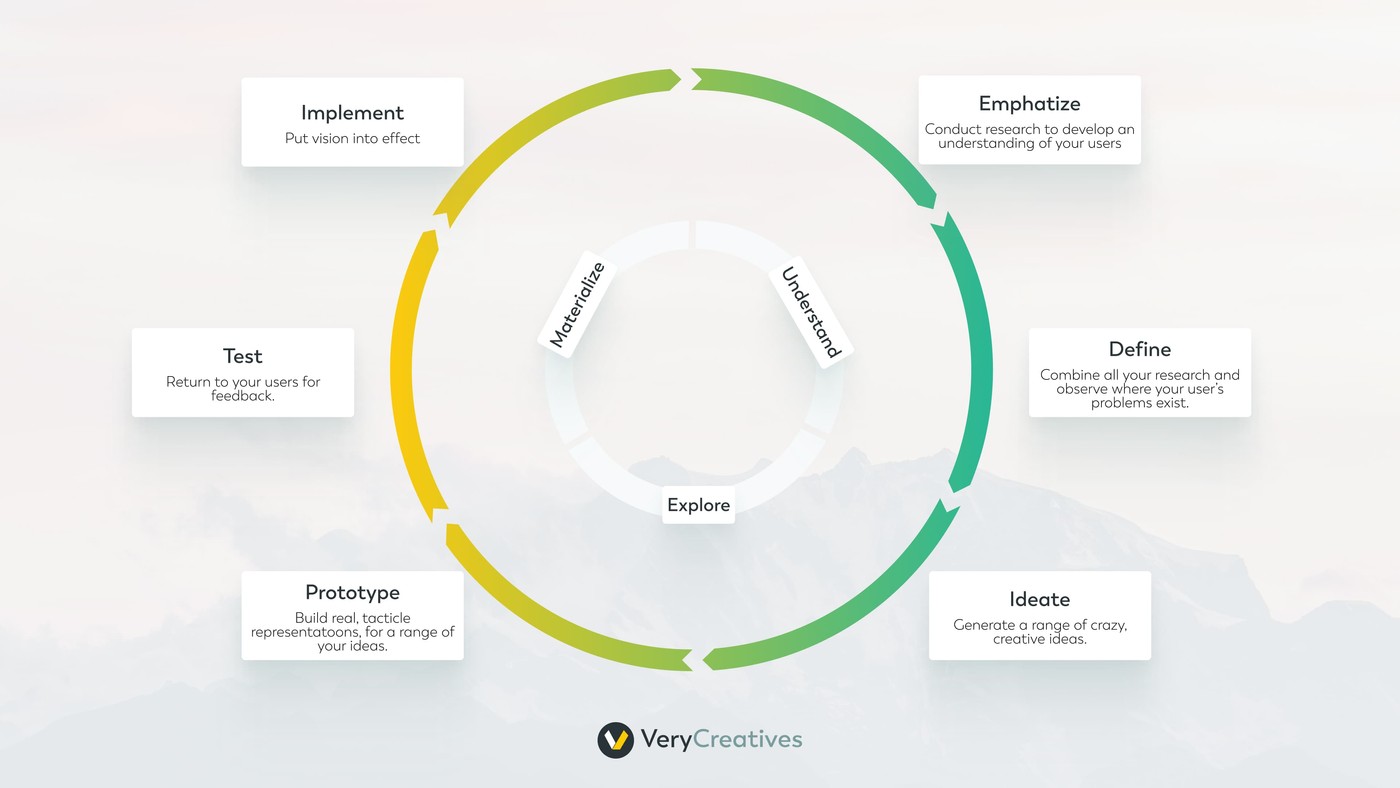Choosing a digital product agency is a crucial step that should not be rushed. The wrong partnership could cause ineffective project management (think: missed deadlines, going over budget, and even legal problems).
But when you start researching, you’ll quickly notice that agencies make many attractive and convincing claims.
How can you determine whether their promises are exaggerated? Can they truly work collaboratively? And can they deliver results efficiently?
In this article, we’ll take a closer look at some questions you should ask to ensure you’ve found the best possible partnership for your business.
How Will You Help Us Stand Out from Our Competitors?
One of the priorities of partnering with a digital product agency should be to stand out from the competition.
To do this, the agency should help you clarify your product’s unique value proposition. This should be the basis for tailoring your product strategy to meet the specific needs of your customer base.
Knowing your customer’s preferences (and their pain points) will also focus your product development—you are better able to prioritize.
When you look at an agency’s website, look for phrases like “user-centric” or “market research” to find companies that share this same focus.
If you are offered a free consultation, consider whether they ask you about your target market, about the current landscape of the market, and whether they show enthusiasm in getting to know your brand.
What Is Your Process for Translating Vision into Reality?
The creative process can seem abstract and undefined, but a great digital product agency will have a system for helping to transform your idea into a tangible product.
Here are some tried-and-true approaches:
Stakeholder Interviews and Workshops
A strong SaaS agency will devote some of its resources early on to meeting managers and team members to get a stronger grasp of your brand’s vision and identity. The more they learn, the more they understand what success will look like.

User-centric Design
Of course, the ultimate goal is to meet your customer’s desires and needs. What is a better way than to focus on engaging past, current, and potential users? Agencies can solicit feedback from users, study usage patterns, and conduct usability tests to understand what would most please a customer.
Prototyping
Many agencies focus on developing and testing several rough prototypes. Because the product becomes tangible early in the process, more time can be devoted to testing the product, incorporating feedback, and generating new prototypes. Google Ventures famously made use of “design sprints” in which they rapidly created prototypes under a time constraint.

Roadmapping
Taking advantage of agile development approaches such as Kanban boards allows digital product agencies to break the development process into manageable tasks. This helps all team members collaborate more successfully and visualize the end result for particularly complicated projects.

Design Thinking
Rather than offering to create the product for you, some agencies help to foster your innovation and creativity through workshops. These workshops help your brand develop a culture of empathy and collaboration, resulting in innovative products that meet the needs of consumers and the vision of the company.
It may be overkill for an agency to use all these strategies at once with every client. Consider your specific product or challenge and consider which approaches are the most likely to help you achieve your goals.

How Do You Ensure Product Strategy Aligns with Business Goals?
To judge whether the agency will be capable of delivering a product strategy that meets your goals, take a close look at their previous work. You can do this easily by looking at their client experiences and their case studies.
Client Experiences
Often, you can view short quotes from past clients that explain how the experience of working with that B2B SaaS agency went. Of course, these testimonials will be ones that showcase the strengths of the agency. Think about it—who would want to highlight the negative experiences of their customers?
Consider looking instead at their client list and reaching out to a few of their previous customers. Often, if you let the agency know directly that you’d like to meet some of their previous clients, they’ll be able to connect you.
Some questions you can ask these previous clients:
- What were your specific business goals?
- How well did the agency understand these goals?
- Did their strategy help achieve these goals?
Case Studies
Often, agencies add a “case studies” section to their website, sometimes simply called “work.” In this section, you can take a closer look at the products launched by the product development agency.
Examine multiple projects to determine whether the company truly takes a unique approach with each product. Sometimes agencies can take a die-cut approach to design, following the same process over and over again, leading to designs and products that don’t feel fresh.
Additionally, looking at their roster of completed projects can tell you about their general industry knowledge. An agency with experience in your industry is more likely to understand your goals and develop a strategy in alignment with them.
How Do You Handle MVP Development and Iteration?
Minimum Viable Product (MVP) development refers to an overall strategy to develop the most basic version of your product for a quick launch. The idea is to get the product in users’ (or beta testers) hands as quickly as possible and let these users then influence the product’s further development.
An effective digital product consultancy agency will have a system in place for managing this process as you take your product through several iterations.
MVP development and iteration are particularly critical for SaaS (software as a service) products, as users expect their products to grow and adapt to the changing technical landscape. The basic version might initially attract a user, but to maintain that user’s subscription, you’ll need to offer regular feature upgrades and fixes.
It may be worthwhile to choose a dedicated SaaS digital product agency, like VeryCreatives, as they have expertise in every stage of the process. You can start free by booking a call.
What Makes Your Agency a True Partner in Product Development?
It’s easy for an agency to say it, but what are some concrete signs that a company truly views you as a partner rather than simply a customer receiving a product?
Here are five important indicators:
- Transparency: What systems are in place for gauging progress, delivering updates, and obtaining feedback?
- Workshops: Do the agencies offer a chance to meet for brainstorming sessions, scoping workshops, and other vision planning meetings?
- Co-creation: Will they invite you and your team to participate in building the prototype or MVP?
- Iteration: Do they plan multiple product iterations that reflect your feedback?
- Project management: Do they use project management tools that allow both you and the agency to visualize the product development?
How Do You Support Product Growth and Scalability Post-Launch?
An excellent SaaS growth agency should not disappear once the product has launched. They will need to address issues and bugs, develop features and upgrades, and optimize the product’s performance further.
And, assuming all went well, you may face scalability concerns. Your product may lag with an increased number of users, or you may want to develop an alternative version with specific features for new customer identities (e.g., an education version).
The agency should be able to anticipate these kinds of concerns and prepare to be involved in the maintenance of the project over time.
Summary
From these questions, it’s clear that collaboration is the key to a successful partnership with a digital product agency. When you are able to be involved in the process of product development, you can ensure that the product meets both your goals and your customers’ needs.
Carefully researching the practices of potential partners will maximize the potential for a successful product outcome.